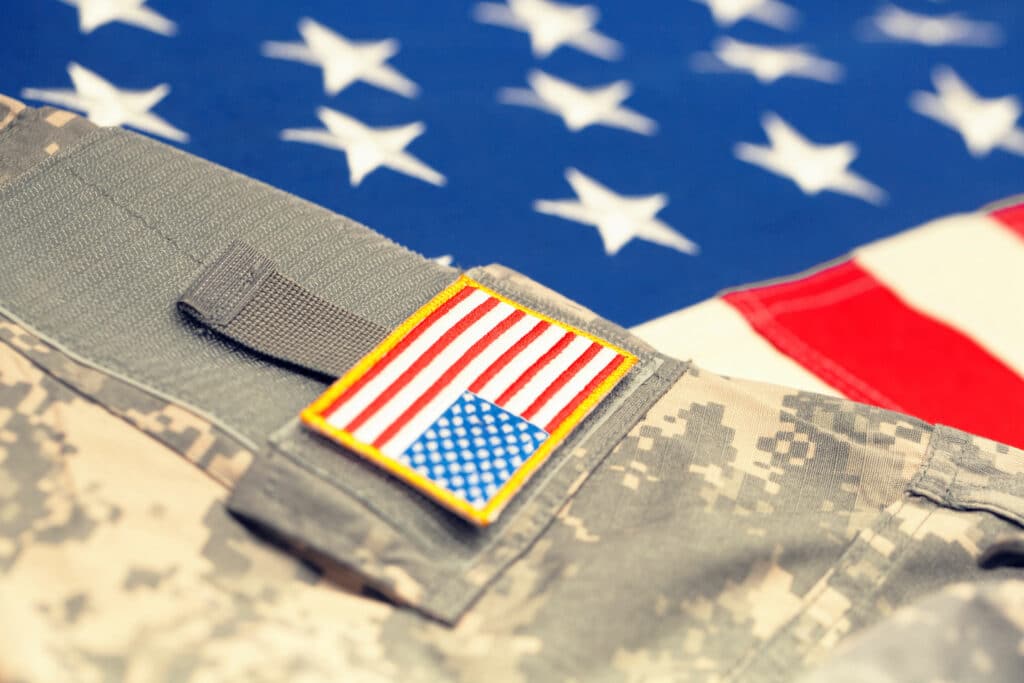The Court of Appeals for the Armed Forces (CAAF) recently decided the case of US v Carter. In 2015, Private First Class Gerald Carter was stationed at Fort Drum, New York but was temporarily assigned to Fort Polk, Louisiana. Both before and during the time that PFC Carter was in Louisiana, a Kik user with the screen name “Julio Carter” used the group messaging platform to engage in inappropriate communications with young girls. Shortly after PFC Carter returned to New York, his phone was seized and searched and he was eventually charged with several offenses related to “Julio Carter’s” online activity.
At the preliminary hearing, PFC Carter’s brother, Gerard Carter, claimed that he had borrowed PFC Carter’s phone while the PFC was in Louisiana and that he, not his brother, was responsible for the illegal activity. This testimony was supported by PFC Carter’s wife who said that PFC Carter had purchased a new phone when he went to Louisiana. Before trial, PFC Carter’s defense counsel tried to verify Gerard Carter’s claims through discussions with the defense’s digital forensic examiner. The expert determined that photos on the phone were taken in Louisiana, contradicting the Carter brothers’ claims that Gerard Carter had the phone in New York while PFC Carter was in Louisiana. When told of the expert’s conclusions, PFC Carter then told his defense attorney that the seized phone was with him in Louisiana, but that it shared an iCloud account with his brother’s phone and that the brother’s illicit Kik messages synced onto his phone.
Based upon this new theory, the defense counsel made an opening statement promising that members would hear a confession from PFC Carter’s brother. However, after the opening statement and before the start of the defense case-in-chief, the defense counsel spoke again to the digital forensics examiner who explained that the photographs included in the illegal communications with minors were taken on the phone seized from PFC Carter and were not synced from another phone. With this information, the defense counsel came to believe that Gerard Carter’s confession was false, and did not introduce it at trial.
On appeal, among other allegations of error, PFC Carter claims that his defense counsel provided ineffective assistance of counsel because he did not introduce Gerard Carter’s confession. The Court of Appeals for the Armed Forces determined that the defense counsel was prohibited from introducing evidence that he believed to be false by the Rules of Professional Conduct. Further, the Court found that it was reasonable for the defense attorney to form this belief. Gerard Carter’s story was that he had the seized phone with him in New York the whole time. This was determined to be false by both the defense’s expert and a Government expert. While it would have been better if the defense counsel had not promised the members that they would hear Gerard Carter’s confession in his opening statement, the Court held that the responsibility for this fell upon PFC Carter for feeding his attorney false information and encouraging him to offer a false confession. Finally, the Court found that the defense attorney’s refusal to admit the confession was likely a benefit to PFC Carter because he was able to introduce other evidence that indirectly suggested that another person was at fault. Had he admitted the confession, the Government expert would have easily disprove it, further strengthening the Government case.
If you or your loved one was convicted of an offense at court-martial, you need someone with experience who knows the most current law. I have argued numerous issues in front of appellate courts and CAAF. I have the experience you need. Please contact Bill Cassara at (706) 860-5769 for a free consultation.

